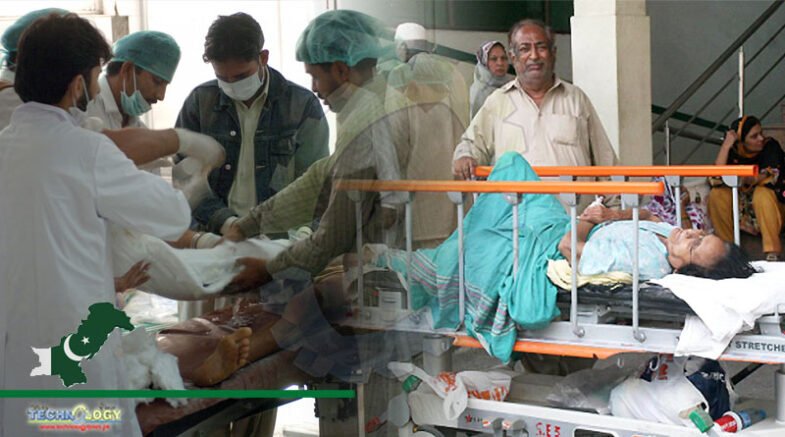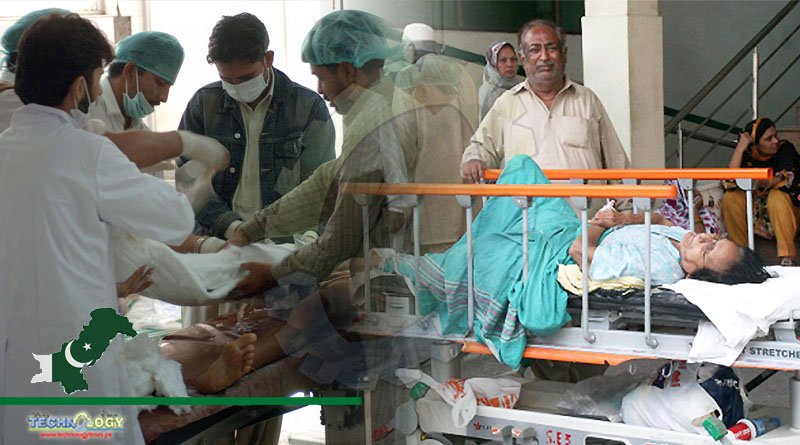Pakistan is far away in achieving universal health coverage unless GDP spending’s on health sector enhanced at least up to 8.2% from 2.8% today.

Expressing grave concern over Pakistan’s healthcare system, representatives from AwazCDS-Pakistan, Pakistan Development Alliance and Global Call to Action against Poverty (GCAP) shared where Pakistan is standing in terms of achieving Universal Health Coverage (UHC). They said in a joint statement that Pakistan is far away in achieving universal health coverage unless GDP spending’s on health sector enhanced at least up to 8.2% from 2.8% today.
Healthcare system of Pakistan is extremely under served by both government and private sector as we spend only 2.8% of GDP to provide primary and tertiary level health services to 223 million people. This is pertinent to mention here that public spending of GDP is less than half (0.9%) of the private spending i.e. 1.9 %. This spending is lowest if we compare with other peer countries in the region.
Chief Executive, AwazCDS – Pakistan demanded that currently number of healthcare providers are far less than needed. For example Doctors rate per 1000 population is 0.6 whereas the least requirement is 0.9. This leads to greater vulnerability of poor households to health shocks. The number of other medical professionals and personnel such as nurses and midwives should increase to almost six times.
According to the most recent Citizens Scorecard conducted by AwazCDS-Pakistan only 28.90% people are satisfied by the health services being provided both in public and private sector, Zia added. Pakistan progress on SDG 3 (good health and well-being for all) is stagnating and need immediate attention of public and private sector.
He further highlighted that there are numerous weaknesses in the health system with respect to reproductive health bill awaiting cabinet’s approval, mental health policy is obsolete and was revised in 2003 last time, weak monitoring and feedback mechanism, poor inter department coordination and ineffective budget monitoring etc. are adding in the challenges.
The COVID -19 pandemic has tested country’s health infrastructure and also identified need for more investment in health sector
Marium Amjad Khan, Program Manager of AwazCDS-Pakistan said that most marginalized communities including people living with disabilities, transgender communities, minorities, ultra-poor and indigenous communities at large are at greater risk specially in case of emergencies, disasters and pandemics. People specially women in flood affected areas of Pakistan still looking for better health services to meet their immediate health needs, She also demanded to improve the national health coverage database that provides generic information on adult population only instead bifurcated data on the basis of age, gender and physical disability.
